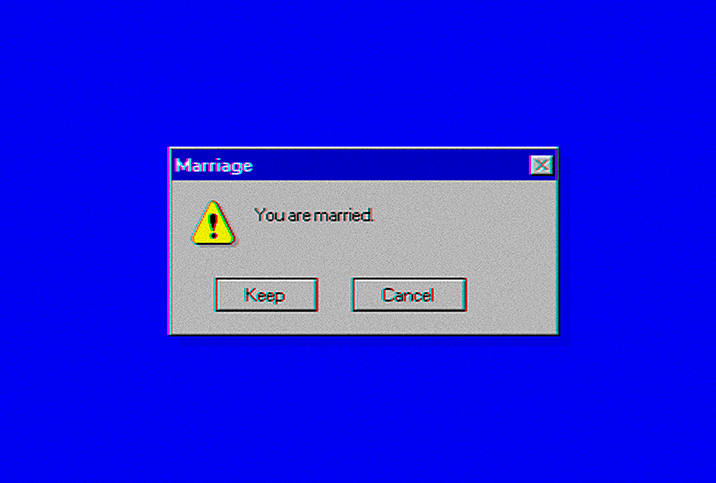How to Cope with a Relationship Loss

Regardless of the circumstances, getting past grief is a complicated process. While it's easy to find information about how to cope with the death of a loved one, it's more difficult to find ways to mourn the loss of a romantic relationship.
Some of the time-tested tips people have used include limiting communication with your former partner, being mindful of your own needs, and engaging in activities that help you move on from your old life and into your new one. But how do you manage communication in a world of correspondence overload? How can you make space for yourself when your days are frequently interrupted with intense hurt? Many people will tell you to move on, but what does that actually look like?
Consider a social media break
Going through a breakup can make social media a particularly difficult landscape to navigate. Some people may have no problem gradually tweaking their privacy settings and deleting painful content, but there's also nothing wrong with stepping back altogether. Most social media services offer ways to temporarily hide or delete your profile, but it may be as simple as deleting the apps on your phone. Try not to take petty actions online, but do try to create space from your ex and their family where it is healthy to do so.
Play with your routine
Planning daily, consistent activities will keep your mind engaged in healthy ways after a relationship ends. If you've made the effort but are finding it difficult to form a new routine, try looking at exploration itself as the routine. Maybe you've often wanted to get more exercise or take on a new hobby. Well, now is the time to try something new. Just don't overwhelm yourself, set unrealistic goals or spread yourself too thin. Try to include relaxation and simple forms of entertainment in your new day-to-day life.
Indulge your new partner: you
One of the critical mistakes people make when dealing with a separation is telling themselves that life can go on normally. Then they try to push forward stoically rather than sensitively.
Instead, try to see changes to your patterns as positive and necessary. The longer you previously spent with your former partner, the more deeply embedded they will probably be in all aspects of your life. This can make it incredibly hard to "soldier on" with new routines and old ones alike.
There's no easy solution, but one idea you might try is thinking that you are not only experiencing a loss but also gaining a new relationship with yourself. This new relationship isn't just theoretical. Regardless of whether you're ready to date again, you have to hold space for your relationship with yourself.
You won't always be successful. Certain sights or sounds might trigger painful thoughts or memories that pull you back into the loss of your relationship. You may always care for the person you lost, but actively working toward and practicing care for yourself is an extremely important place to put your energy while learning to cope with this new reality.
Be kind
Go easy on yourself and others. You might be prone to destructive behaviors or overly critical thoughts about yourself. You may want to lash out at your former partner. But cruelty toward your former lover or current loved ones will only make you feel worse and might damage relationships you'd prefer to preserve.
Try to recognize where in your own life you would have liked to behave or think differently, but don't hold on to feelings like guilt, shame or fear. These emotions have their place in the grieving process, but allowing them to direct your every move can have truly devastating effects.
Helpful resources abound if you are depressed or simply struggling on your own. Reaching out to friends or family might be intimidating, so don't be afraid to consider medical and mental health professionals, organizations such as the National Alliance on Mental Illness, emotional support hotlines, support groups or any available counseling.

















